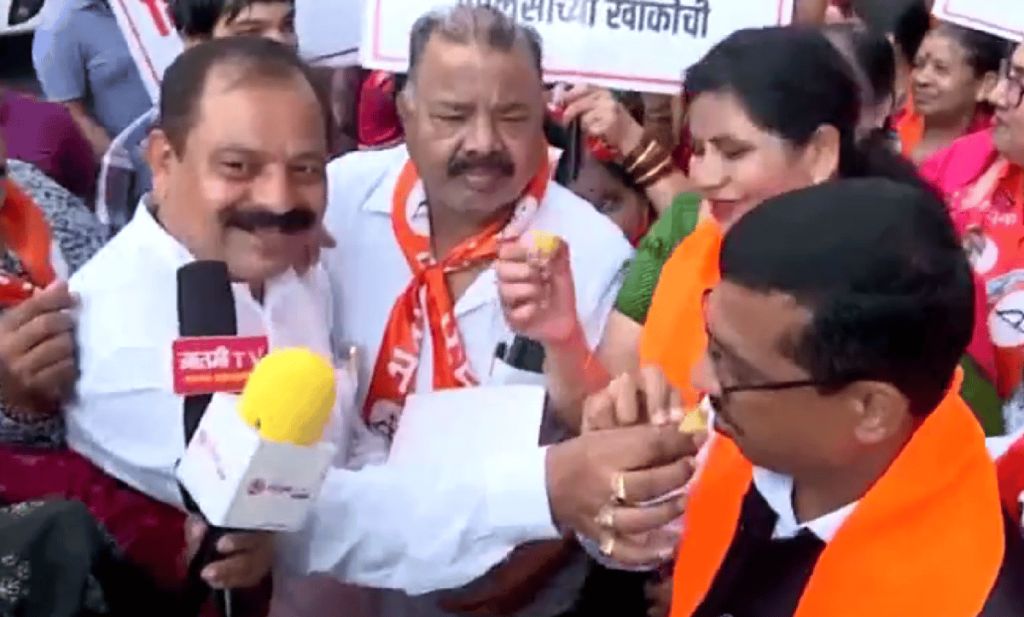
The police narrative surrounding the killing of Akshay Shinde, accused of molesting two girls aged 3 and 4 at a pre-school in Badlapur, Thane, raises serious questions. While Deputy Chief Minister Devendra Fadnavis stated that Shinde’s wife had complained of sexual abuse, including unnatural acts, this alone does not make him a hardened criminal. Shinde, a pervert who deserved legal punishment, was shot dead by police officer Sanjay Shinde while being escorted to a hospital for treatment. The police claim Akshay tried to snatch a gun and kill Nilesh More, another officer. In response, Sanjay Shinde shot him in self-defence. However, the fact that he is an “encounter specialist” with ties to the notorious IPS officer Pradeep Sharma — allegedly responsible for nearly 100 extrajudicial killings — casts doubt on this version of events.
After the horrifying incident in Badlapur, there was widespread criticism of the police for their sluggish response. It took days to arrest Shinde, while other school authorities, who initially downplayed the situation, remain at large, allegedly shielded by political connections. This slow response drew public ire, especially as the BJP has been vocal about addressing crimes against women, particularly in West Bengal where a doctor was raped and killed at a government hospital. With elections on the horizon, the party fears that the Badlapur case could damage its standing. In an attempt to blunt the criticism, eliminating the accused might have seemed like a convenient solution. Yet, whatever the political calculus behind the encounter, it certainly does not reflect well on the law and order situation or the government.
Unfortunately, such encounters have become alarmingly frequent across India. In Uttar Pradesh, a disturbing pattern of extrajudicial killings has emerged, with 37% of the victims being Muslims. Tamil Nadu is following suit, with recent cases like the killing of “Seizing” Raja and another suspect in Perambur. The justification often given is the inefficiency of the judicial system, which is seen as too slow in punishing heinous crimes. While the legal process can indeed be sluggish, the solution cannot be extrajudicial killings, which undermine the very principles of justice. In a society governed by the rule of law, guilt must be proven before any punishment is administered. The inquiry ordered by the government into the Badlapur case must now shed light on the truth behind Akshay Shinde’s death and determine whether this encounter was a legitimate act or a cover-up.